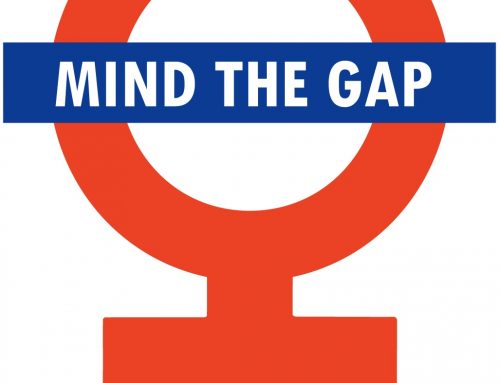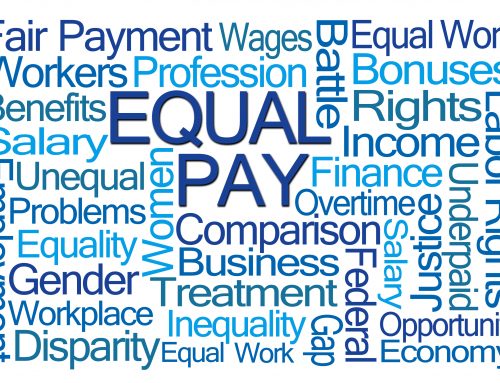 The #metoo movement sparked a cultural conversation about harassment and power dynamics in both Hollywood and the larger society. What of the business world? It appears there is growing concern among men who mentor women in the workplace. As individuals struggle to adjust to a highly sensitized environment, male leaders are questioning how to balance what is permissible and what transgresses boundaries.
The #metoo movement sparked a cultural conversation about harassment and power dynamics in both Hollywood and the larger society. What of the business world? It appears there is growing concern among men who mentor women in the workplace. As individuals struggle to adjust to a highly sensitized environment, male leaders are questioning how to balance what is permissible and what transgresses boundaries.
In the workplace, some troubling survey findings were reported by leanin.org. After #metoo took hold, 50% of male managers now say they are uncomfortable engaging in common activities such as working alone with a woman, socializing with or mentoring female colleagues. 16% of male managers specifically feel uncomfortable mentoring a woman—compared to 5% of male managers before #metoo.
For women looking to advance in the workplace, this is problematic. It has been widely recognized that mentoring is crucial for career development. Belle Rose Ragins, a professor at the Lubar School of Business, says:
“Our research has found that mentoring is one of the main strategies used by women who have made their way to the top,” she explains. “Mentoring relationships are the chisels that help women break through the glass ceiling.”
Further, because mentors are usually senior executives, and more men fill those roles, women don’t have a lot of other options if men shy away from mentoring a woman in a junior role. What started as a consciousness-raising campaign may actually hurt women in the workplace—but women should not bear the brunt of confusion surrounding navigating this situation.
Instead, executives, men and women, but particularly men, need to take responsibility to address what is appropriate and what is not. It it not any particular group’s fault that harassment and discrimination exist, but it is the responsibility of everyone to fix the problem. We need to take advantage of this discomfort and shine a light on bias and unconscious beliefs that hold women back in the workplace and in the larger society.





